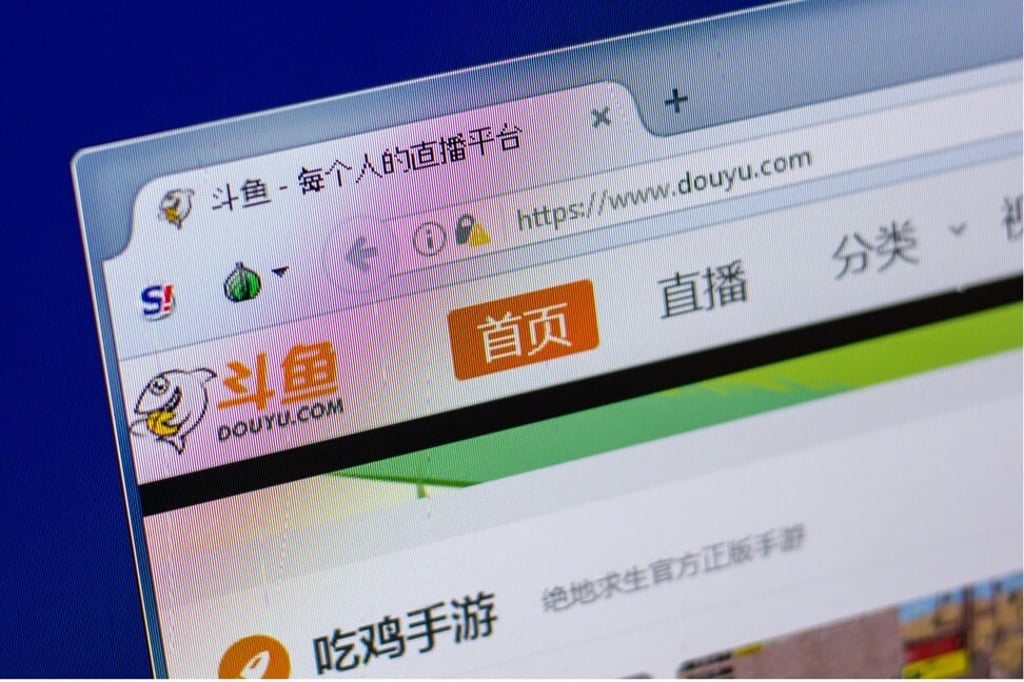Live-streaming service providers Huya, DouYu to drive cloud-based gaming expansion in China
- Huya recently introduced its Yowa cloud gaming service, following rival DouYu’s launch of its own cloud games platform in March
- Both companies are controlled by Tencent Holdings, which runs the world’s largest video games business by revenue

Chinese live-streaming service providers Huya and DouYu are poised to help drive the expansion of cloud-based gaming in China, according to analysts, as the two companies entice more players to access sophisticated desktop computer and console video games straight from a browser.
Guangzhou-based Huya recently introduced cloud gaming platform Yowa, with around 70 mobile and personal computer titles, following rival DouYu’s launch in March of its cloud gaming service with about 50 mobile and desktop titles.
“On paper, existing live-streaming services can expand their business significantly by trying to become a gaming platform, using their existing viewership as a base audience to market to,” said Serkan Toto, chief executive of game industry consultancy Kantan Games in Tokyo. “There is no doubt in my mind that Chinese companies execute a lot faster, invest more resources and are ready to experiment more than their Japanese or Western counterparts.”
